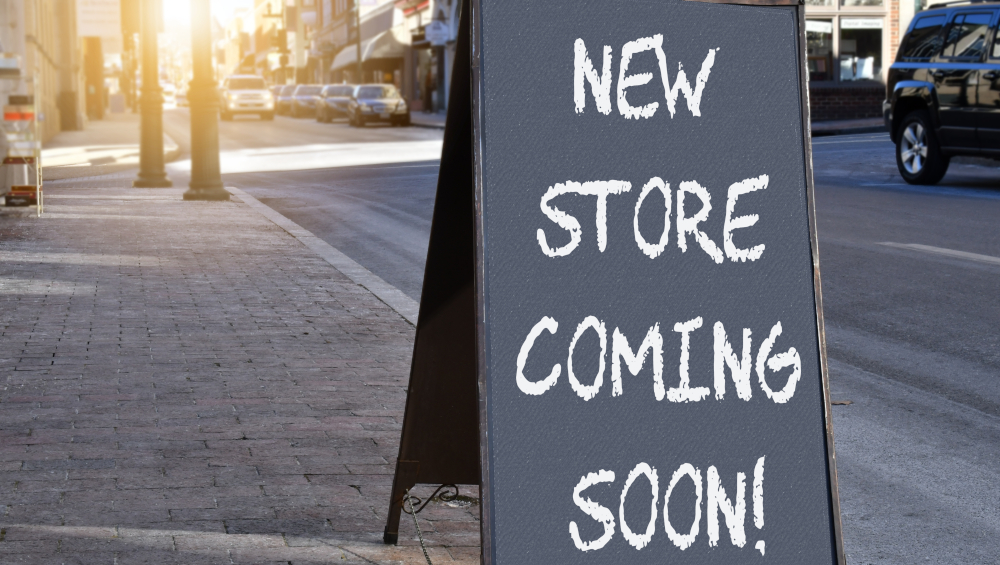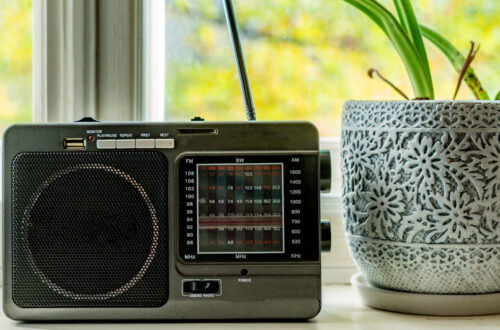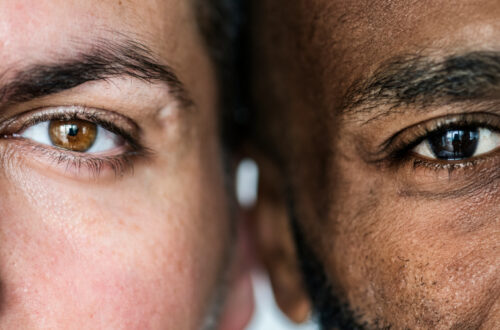
When the Bet Is on Yourself
In South Africa’s quieter corners, behind the bright lights of casinos and the sharp click of online betting platforms, there’s a lesser-seen story playing out. It’s not about losing everything. It’s not about the last spin of the wheel that sends someone home empty-handed. It’s about what happens when someone wins, and chooses not to buy a car, not to take a trip, but instead to build something that lasts longer than a lucky night. These are the underground entrepreneurs. South Africans who have taken gambling winnings, whether from the Lotto, slot machines, sports bets, or informal betting circles, and used them as seed money to start real businesses. Quietly. Without fanfare. Without making headlines.
It doesn’t happen often. The truth is, most people who win big spend their money in ways that disappear just as quickly as it arrives. Cars, house upgrades, new clothes, all the usual things. But there’s a small, determined group that thinks differently. For them, luck isn’t just about hitting a jackpot. It’s about using that rare moment of fortune as a launchpad. Turning gambling into something steady. Something tangible.
In townships like Umlazi and Khayelitsha, there are street vendors who used to be regulars at betting shops. Not to make a living, but because it was their one shot at changing things. One man, known only as Vusi to his neighbours, used to bet on local soccer games. Small amounts, nothing dramatic. But one night, a risky accumulator paid off big. Enough to buy a new fridge, or maybe fix up the family house. But Vusi didn’t do either. He bought a second-hand minibus. Not to drive himself, but to start his own small taxi operation. Today, that one minibus has turned into a fleet of three. He doesn’t talk much about how it started. There’s no sign on the side of the taxis saying “Funded by Luck.” But those who know him, know the story.
It’s a pattern that repeats across the country. Someone walks into a corner shop Lotto terminal, plays a set of numbers, walks out with enough to shift the balance of their life. Instead of spending it all at once, they buy equipment. A small stove for a township food stall. Tools for a backyard mechanics shop. Inventory for a tuck shop. The businesses are rarely flashy. You won’t see them on Instagram or profiled in big business magazines. But they’re there, holding steady, long after the betting slip has faded and the winning numbers have been forgotten by everyone else.
What makes these stories different isn’t just the fact that someone won. It’s that they saw beyond the win itself. In many ways, it’s a mindset shift. In a country where gambling often carries a shadow, stories of addiction, of loss, of people chasing something that isn’t really there, these underground entrepreneurs flip that script. They make luck work for them, once, and then they step away.
There’s a man in the Free State who now runs a small brick-making operation. His startup capital? A single win on an online casino, late at night, after months of trying. He doesn’t play anymore. The machines that once held his attention now sit ignored, replaced by rows of neatly stacked bricks waiting to be sold. For him, that one win wasn’t about chasing more. It was about closing the door. A final bet. After that, everything else was work.
The decision to go underground with these businesses, to stay off the radar, to avoid advertising the source of their startup cash, is deliberate. South Africa’s tax structures and gambling laws mean that too much attention can lead to complicated questions. Plus, there’s the community factor. Not everyone looks kindly on someone making money from bets. There’s still a stigma attached, especially in more conservative or religious areas. So these entrepreneurs keep it quiet. A small shop, a home-run business, a taxi with no stickers on the windows.
 One common thread across all these stories is discipline. The ones who succeed don’t just spend their winnings once. They budget. They plan. Many of them start with zero business experience, just instinct and a bit of help from friends or family. They figure it out as they go. Buying stock one day at a time. Fixing a broken machine themselves rather than hiring someone. Slowly turning luck into labour, and then labour into something reliable.
One common thread across all these stories is discipline. The ones who succeed don’t just spend their winnings once. They budget. They plan. Many of them start with zero business experience, just instinct and a bit of help from friends or family. They figure it out as they go. Buying stock one day at a time. Fixing a broken machine themselves rather than hiring someone. Slowly turning luck into labour, and then labour into something reliable.
It’s not always perfect. Not every gambling-funded business survives. Some start strong and fade within a year, especially if the person running it isn’t ready for the slower pace of day-to-day work. Winning feels fast. Building something real is slow. But for those who stick with it, the trade-off is worth it. They don’t have to rely on luck again. They’ve taken the randomness of gambling and turned it into structure.
For outsiders looking in, these businesses blend into the background of South African life. A new fish and chips shop in Soweto. A second-hand furniture dealer in East London. A mobile car wash service in Durban. Most customers will never know that behind the till or steering the taxi is someone who once hit it big in a betting shop, walked away from the noise and lights, and put their winnings into something quieter, something steadier.
What these underground entrepreneurs share, more than anything else, is a sense of finality. They don’t go back to gambling once they’ve cashed in. For them, the bet was on themselves, and they’re not looking to spin that wheel twice. It’s not about addiction. It’s about opportunity, grabbed once, and then held onto with both hands.
In a country where economic opportunities can feel out of reach for so many, these quiet success stories matter. They show a different side to gambling’s footprint in South Africa. Not just loss, not just noise, but something more deliberate. A moment of luck used as a first step, not as the whole journey. And in workshops, taxi ranks, food stalls, and backyards across the country, those steps continue, quietly shaping lives long after the jackpot lights have gone dark.




